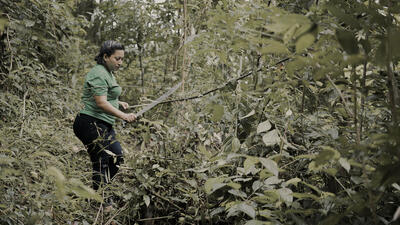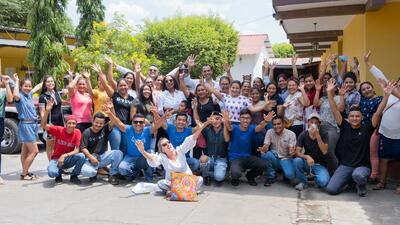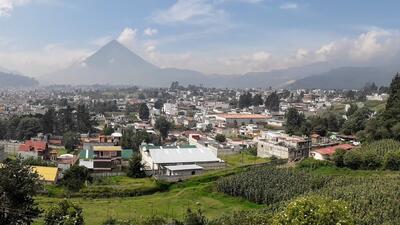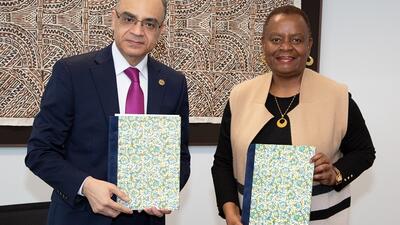Getting smart about sustainability data to improve livelihoods, meet consumer demands
As ITC Trade for Sustainable Development Forum opens, panelists narrow in on data collection, analysis and use to drive sustainable growth.
Open data – and diverse data – make the difference in fostering sustainable trade worldwide, and this can only be done through partnerships among farmers, business and government. That’s the takeaway from the opening session of the International Trade Centre’s (ITC) Trade for Sustainable Development Forum (T4SD).
Business leaders and industry experts at the 28 September event, held on the margins of the World Trade Organization (WTO) Public Forum, highlighted the importance of collecting and analysing big data to inform decisions enabling small-scale producers to improve their livelihoods and better respond to consumers who increasingly demand products that respond to their social and environmental values.
‘The consumer is king and queen,’ said ITC Executive Director Arancha González at the start of the session. ‘Consumers want good trade – more environmentally sustainable, more socially responsible – and better consumer protection.’
Panelists emphasized that meeting such sustainability demands is part of running a competitive business today. To create truly sustainable value chains, collecting data and insights from all players, not just big businesses and policymakers but also producers, is critical.
‘We need a participatory model in which the farmer has a say in the indications for [what it means to have] improved livelihood,’ said Nyagoy Nyong’o, Executive Director, Fairtrade Africa. ‘We must collect different sources of data because different players look for different data types.’
The work of collecting comprehensive data begins at the farm level, according to Ian Hope-Johnstone, Senior Director, Agricultural Sustainability, PepsiCo.
‘If we don’t secure the security of the farm, we won’t be able to look then at market- and product-specific research,’ he said. ‘The first intent is to secure sustainable resilience at the farm and landscape levels.’
For small-scale farmers and firms to better meet international quality, social and environmental standards – increasingly a prerequisite for tapping into lucrative value chains – several overarching challenges need to be addressed.
According to Nyong’o of Fairtrade Africa, these challenges in Africa in particular include scope, as there are hundreds of producer organizations speaking a variety of languages; lack of transparency on women’s perspectives; timeliness of data; and the limited use of digital and mobile technology.
Overcoming these challenges would pave the way for the collection of more accurate, inclusive data, which would enable actors to make more informed decisions.
‘Every regulator needs data, better data, more reliable data,’ said Marjeta Jager, Deputy Director-General, Directorate-General for International Cooperation and Development (DEVCO), European Commission. ‘We also need digital and internet solutions for data collection. Digitalization of data in developing countries is our priority.’
The execution of informed decisions based on better data helps attract private sector investment for development, added Jager, which is a key factor in ensuring the sustainability of these initiatives. The public and private sectors must work together.
‘All sectors and stakeholders have to have a better understanding and recognition of sustainability,’ said Henning Droege, Director of International Affairs, Asociacion de Azucareros de Guatemala (ASAZGUA). ‘Once we manage that, and we are able to collect data through technology, the systemization of data will be of great help. It has great potential to align different standards.’
The systemization of data collection and management from the producer level up through the value chain reduces duplication of standards, which in turn supports transparency, building trust with consumers, according to the speakers.
‘It’s not just about the standard, it’s about how it’s implemented,’ said Karin Kreider, Executive Director, ISEAL Alliance, a global platform organization that works to strengthen sustainability standards systems. ‘You just have to get started. Set a small goal and don’t wait because the longer you wait, the harder it gets.’
‘Once you have a system in place and once you can monitor activities, this should enable us to work more effectively, track development progress, create jobs and cut corruption,’ said Droege of ASAZGUA.
For more information about the ITC Trade for Sustainable Development Forum, visit the webpage.









